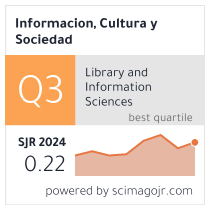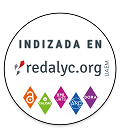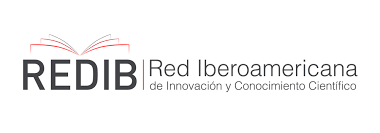Reflections to build a bridge between generations
Abstract
The first problem addressed is whether the vocation remains when the achieving conditions change dramatically and in accelerated rate, mutations based, as in Library & Information Science (LIS), in technology. The author lists changes in procedures over the past 30 years in professional practice and academia, this changes impact on relationships between older generations of librarians and the newer ones. It is claimed that the formation and the socio-economic and political environment helps to establish some distinguishing marks on the construction of professional identities over time. To build bridges between generations, the author indicates the need to agree on certain fundamental points: recognize that librarians are engaged in a political movement; talk about digital revolution rather than movement or evolution; define professional education and training to implement. Fruitful contacts between generations are able to understand that librarians are not defined nor identified by the techniques. Its function is to be active intermediaries between the registers recorded in any medium by a human mind, and another that seeks, because one’s need, these contents.Downloads
Authors publishing in this journal acknowledge the conditions below:
- Authors retain the copyright of their work while they transfer the right of the first publishing to the journal, under the Creative Commons Attribution-ShareAlike 4.0 International (CC BY-SA 4.0) Licence, which allows third parties to reproduce them under the condition that express mention is given to the author and to its original publication in the journal.
- Authors may enter into other contractual and independent arrangements for the non-exclusive distribution of the version of the article published in this journal (for instance, it can be published in an institutional repository or in a book). In any case, an express mention should be given to its first publication in the journal.
- It is permitted and encouraged to publish online the articles (for example, on institutional or personal pages).

























